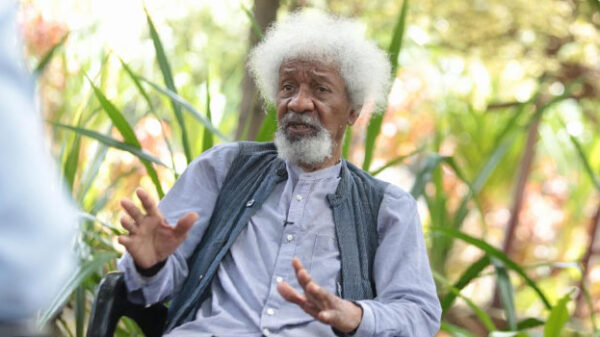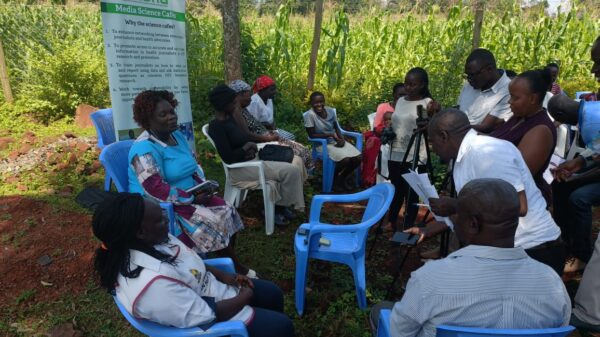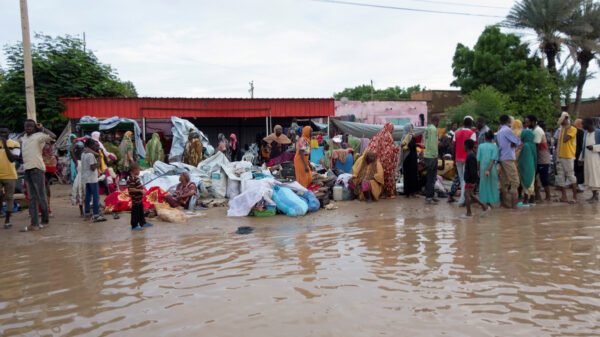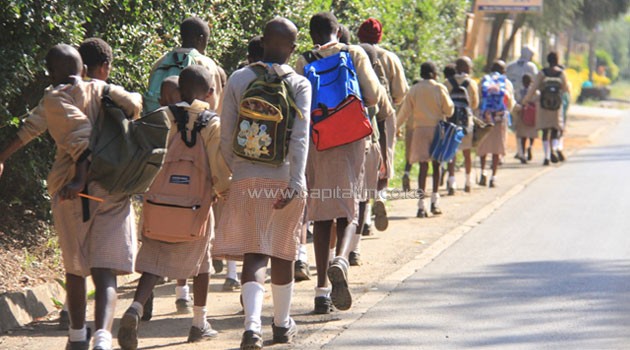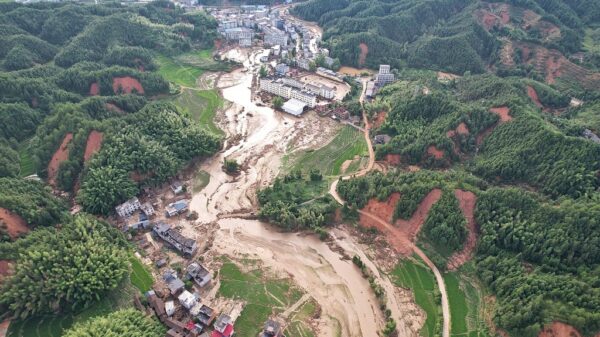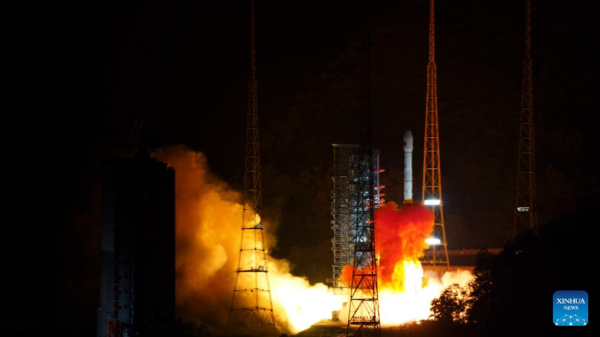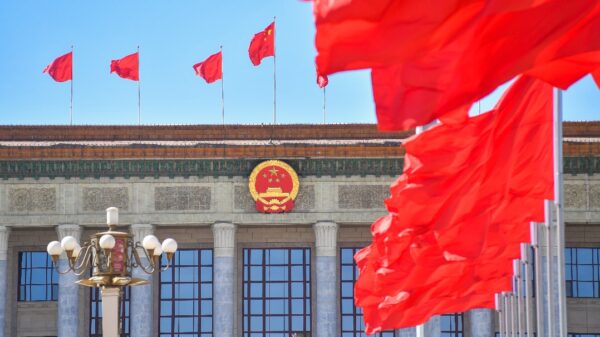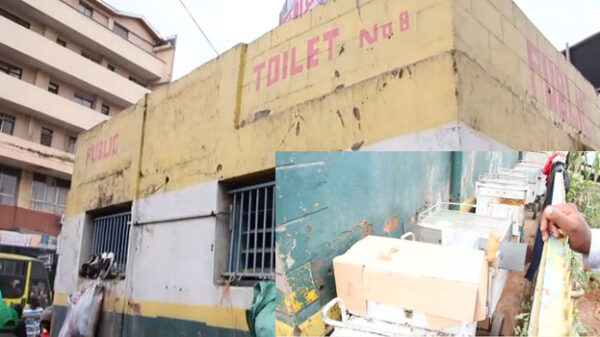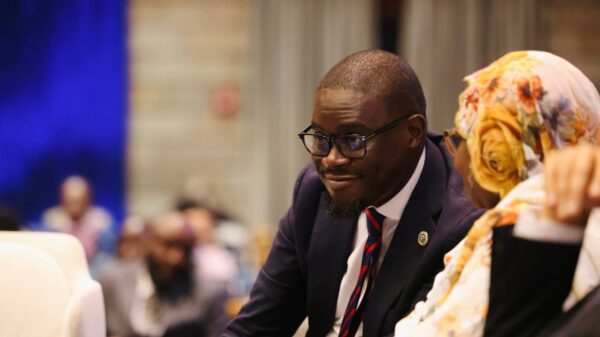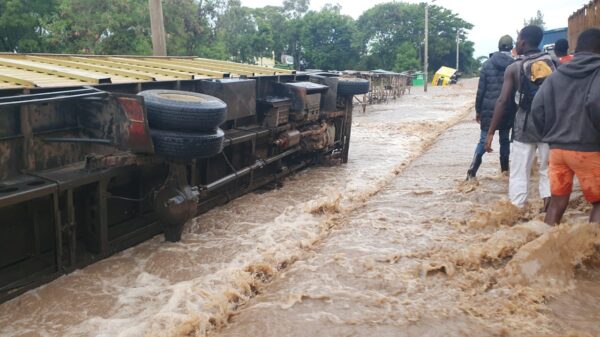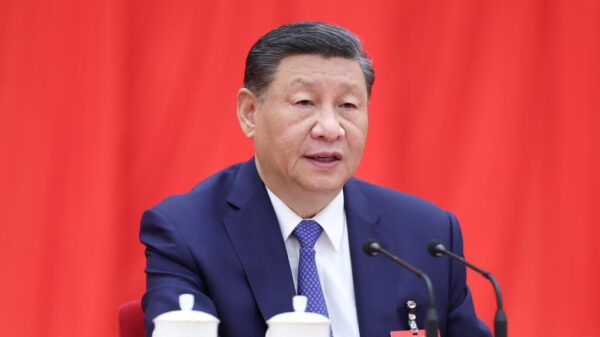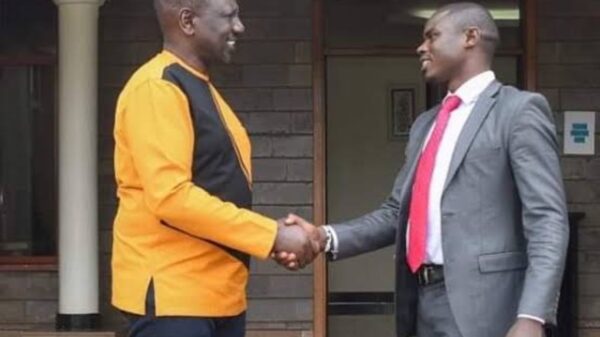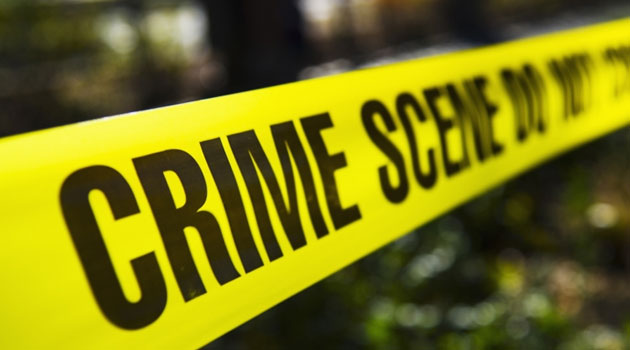
An armored vehicle of the French Mobile Gendarmerie patrols in the streets of Bangui in the city’s first district on April 9, 2014 © AFP
BANGUI, Central African Republic, Apr 10 – The first European Union troops arrived in the Central African Republic, hours before the expected vote on a key UN resolution to authorise the deployment of peacekeepers, as police said fresh sectarian violence killed at least 30 people.
An initial contingent of 55 EU troops made their first patrols in the capital Bangui Wednesday, their arrival coming a day before the Security Council is expected to give the green light to the deployment of some 12,000 peacekeepers in order to help end the violence.
The troops are to maintain security and train local officers, French army spokesman Francois Guillermet told AFP.
At least 30 people, mostly civilians, were killed on Tuesday in the latest clashes between mainly Christian militias and minority Muslim fighters in the central town of Dekoa, according to police.
A coup in March last year by the Muslim Seleka rebels plunged the country into chaos. After seizing power, some of the rebels went rogue and embarked on a campaign of killing, raping and looting.
The abuses prompted members of the Christian majority to form vigilantes called “anti-balaka,” or anti-machete in the local Sango language, unleashing a wave of brutal tit-for-tat killings in the former French colony.
In Tuesday’s violence “anti-balaka” militia attacked Seleka positions in Dekoa, some 300 kilometres (180 miles) north of the capital Bangui, police said.
“Most of the victims were civilians who were hit by stray bullets,” police said, adding that the fighting lasted more than four hours.
– Struggle to stem bloodshed –
Some 8,000 French and African peacekeepers have been struggling to stem the bloodshed, which the UN warns could turn into a genocide.
Thousands of people have been killed and around a quarter of the country’s 4.6 million people have been displaced by the violence in over a year.
The European Union said last week it would send around 800 troops — its first major ground operation in six years. They are expected to be fully operational by the end of May.
The United Nations force, comprising 10,000 soldiers and 1,800 police, officers is expected to begin operations in mid-September, although the international body may provide logistical assistance sooner.
UN Secretary General Ban Ki-moon has warned that the conflict has turned into “ethno-religious cleansing”, with lynchings, decapitations and sexual violence going unpunished.
On Saturday the UN chief, in Bangui for a brief visit en route to Rwanda to commemorate the anniversary of a 1994 genocide there, told parliamentarians they had a duty to prevent a recurrence of such atrocities.
According to the United Nations, the proportion of Muslims in the overall population has shrunk from around 15 percent to two percent since the bloodletting began.
Thursday’s UN resolution will be submitted by France at 1400 GMT.
It will authorise soldiers from France to “use all necessary means” to provide support to the United Nations Multidimensional Integrated Stabilization Mission in the Central African Republic (MINUSCA).
Priorities for the new peacekeeping force include the protection of civilians and humanitarian convoys, maintaining order, supporting the political transition and respect for human rights.
It will take over from 2,000 French and 6,000 African Union soldiers already in place.

